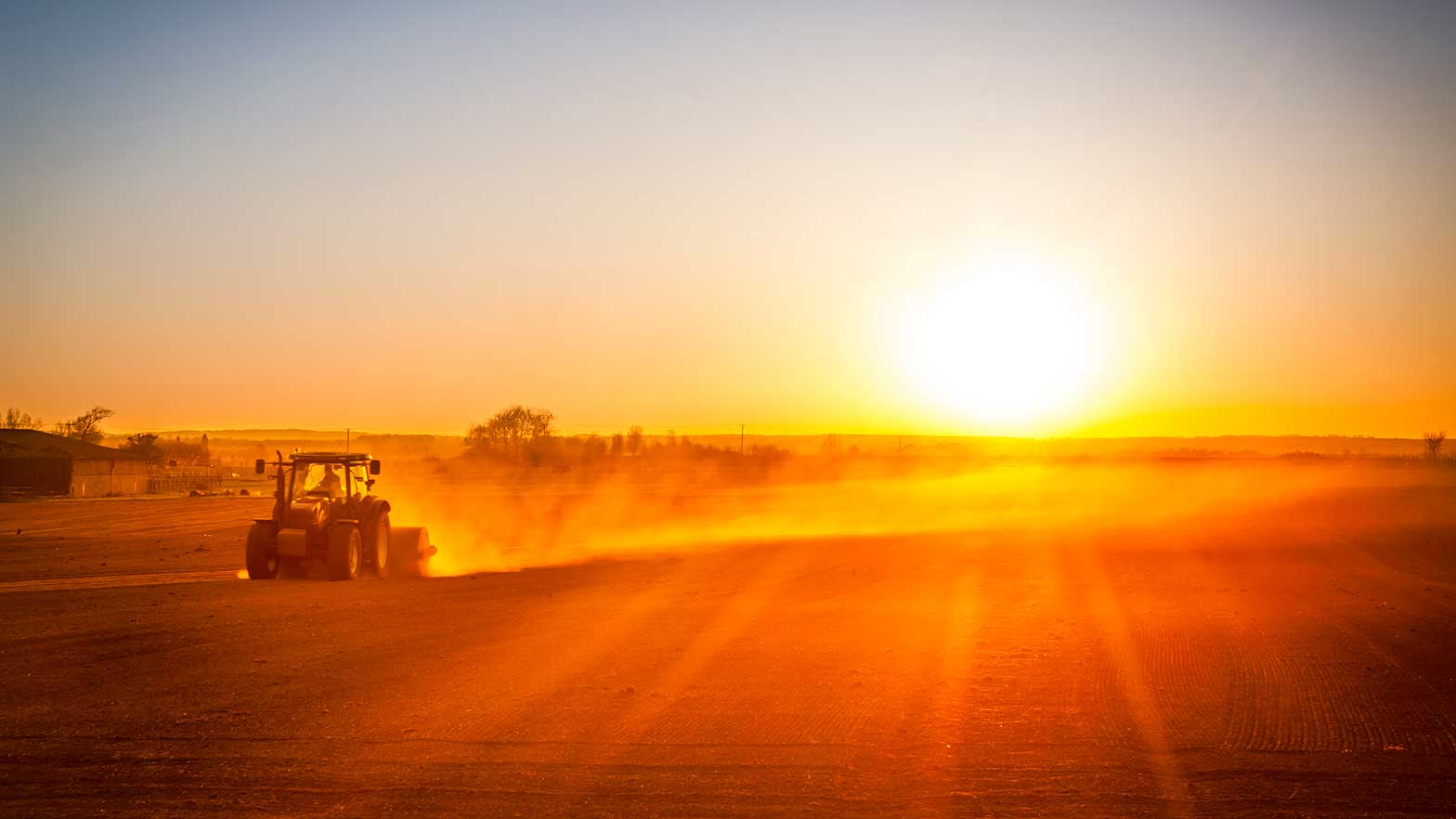alternative fuels
from field to fuel: harvesting the potential of winter rotational crops
2 min read | august 29, 2023
New off-season rotational crops like winter canola hold great promise for growers and the biofuels industry.
Agricultural innovations are seeding new solutions in the global push for biofuels.
With global biofuel demand expected to grow 20% by 2027, the race is on to find new sustainable source materials to produce lower carbon alternative fuels.
cutting-edge cultivars
One promising breakthrough—a new winter rotational crop from seed developer Corteva Agriscience—has the potential to create real value for farmers, the biofuels industry and the planet. With support from Corteva, Bunge and Chevron are partnering on the novel winter canola which is currently piloting with growers in Tennessee and Kentucky.
The inaugural yellow-flowering crop will be planted in September.
“The demand for biofuels is coming back around in a very feverish way,” explained Chad Berghoefer, global product director at Corteva and self-described “farm kid from Iowa.”
chad berghoefer
global product director

Offering both economic and environmental benefits, winter rotational crops can help protect and enrich soil that would otherwise be bare between harvests.
not your father’s cover crop
Corteva’s winter canola is part of a new breed of rotational crops that offer all the environmental and ecosystem benefits of traditional cover crops, including improved soil health and reduced water and nutrient runoff, along with carbon capture in the ground.
Camelina sativa, from agricultural company Chacraservicios, is yet another innovative solution. The novel seed with high oil content is also helping meet the growing need for renewable feedstocks. Chevron Renewable Energy Group and Bunge announced the acquisition of the Argentina-based company in July.
Unlike typical cover crops, which are planted in the off-season and neither harvested nor sold, the seeds from these next-gen plants provide new revenue streams for growers when crushed as meal to produce animal feed or oil for biofuels.
“It’s a win-win,” said Fernando Candia, vice president of Carbon Solutions at Bunge, a leading oilseed processor. “These new crops not only help growers increase productivity and sustainability on their land, but they are also contributing to a more sustainable world.”
neville fernandes
vice president of corporate affairs and development for Chevron Renewable Energy Group
topics covered
related content
-

 chevron CEO discusses the future of energy
chevron CEO discusses the future of energyemissions solutionsjanuary 20, 2025
-

 novel ideas, established companies key to advancing lower carbon tech
novel ideas, established companies key to advancing lower carbon techemissions solutionsjanuary 14, 2025
-

 chevron CEO talks growing production, efficient spending
chevron CEO talks growing production, efficient spendingemissions solutionsdecember 18, 2024
-

 biofuels can help maritime industry lower carbon intensity
biofuels can help maritime industry lower carbon intensityalternative fuelsnovember 08, 2024
chevron email updates
Subscribe to our newsletter to receive news and updates.



